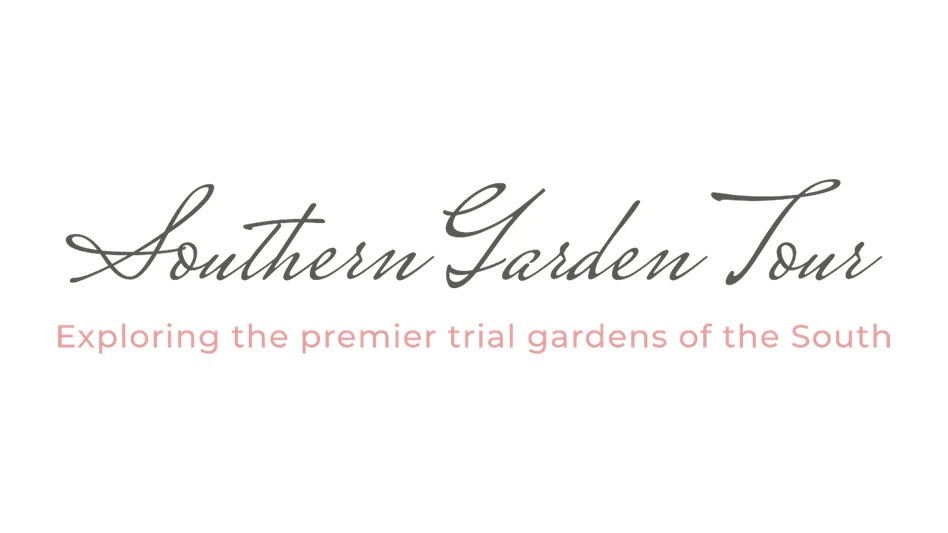 Pound (#) power
Pound (#) power
It started with #Barcamp. According to ReadWriteWeb, social technology innovator Chris Messina inserted the pound sign (#) in front of Barcamp, the name of the global technology unconference gatherings, in August 2007 to bundle conversation about it. As they say, the rest is history.
Known as a hashtag, today the pound symbol is used to “mark keywords or topics in a tweet,” according to Twitter. It allows you to see trending topics, track conversations and generate awareness for your company. When used effectively, it can be an easy asset. But before you type “Shift + 3,” read the following tips for using hashtags.
Keep it simple
One tip Mashable offers for using hashtags is to keep it simple and consistent. Short hashtags are better because they’re more search-friendly. You can pair up hashtags instead of making one that’s too long. Also, make sure you’re not overusing hashtags. Mashable suggests using one or two hashtags per tweet. More than that can read “like desperate marketing, and is a sure way to lose followers quickly” (5 Ways Your Business Should Use Twitter Hashtags, Mashable, bit.ly/mashable-hashtag-tips).
One on one
The great thing about using hashtags is that it makes it simpler for users to engage with one another. The online publication Small Business Trends suggests using hashtags to find new people to follow and for jumping into conversations. For example, if you’re planning on attending Spring Trials, use the hashtag #springtrials to engage with others who are also attending. It can also be used to attract new followers to your business (10 Ways to Use Hashtags for Your Business, Small Business Trends, bit.ly/smallbiztrends-hashtag-tips).
Do it yourself
General or popular hashtags are great for reaching a wide audience, but if you want to generate more attraction for your business, coming up with your own hashtag is the best way to do so. An article published in Entrepreneur says that the hashtag should be distinctive.
Do a quick search for the hashtag you’d like to start using to make sure it’s not already being used. And once you create your own hashtag, encourage others to use it. For example, if you sell directly to the consumer, you can ask them to tweet photos of your plants in their gardens using a hashtag you created (What You Need to Know About Using Hashtags on Twitter, Entrepreneur, bit.ly/entrepreneur-hashtag-tips).
ONLINE EXCLUSIVES
How to hire your next web designer
10 steps for website success
Looking to update or redesign your website? Then make sure you hire the right person. In an exclusive online article, Business Consultant, Speaker and Author Barry Moltz shares 10 steps to follow when looking for someone to build or update your business’s website.
Read it on our website at bit.ly/hiring-web-designer.
Insights into Spring foliar disease
The spring growing season is upon us once again, and you know the crops on which you always fight foliar disease outbreaks.
Read MORE at bit.ly/Z2jbWq
Seek and defuse
Mike Staver, CEO of The Staver Group — a national team of strategic business advisors and coaches — talks about how to recognize and defuse anger in the workplace.
Read the article at bit.ly/Av3D8R
Monitoring for pests
Julie Graesch, Nematode Field Development Specialist at Becker Underwood, explains how you can monitor for pests in your greenhouse.
Watch the video at bit.ly/XKYHRZ

Explore the April 2013 Issue
Check out more from this issue and find your next story to read.
Latest from Greenhouse Management
- This month's Greenhouse Management magazine is about native plants and sustainability
- The HC Companies, Classic Home & Garden merge as Growscape
- Terra Nova releases new echinacea variety, 'Fringe Festival'
- Eason Horticultural Resources will now officially be known as EHR
- BioWorks receives EPA approval for new biological insecticide for thrips, aphids, whiteflies
- ScottsMiracle-Gro transfers cannabis subsidiary to focus on core lawn and garden business
- Should we start calling natives 'eco-beneficial plants'?
- Ellen Mackenbach-Lakeman appointed new CEO of Dümmen Orange








